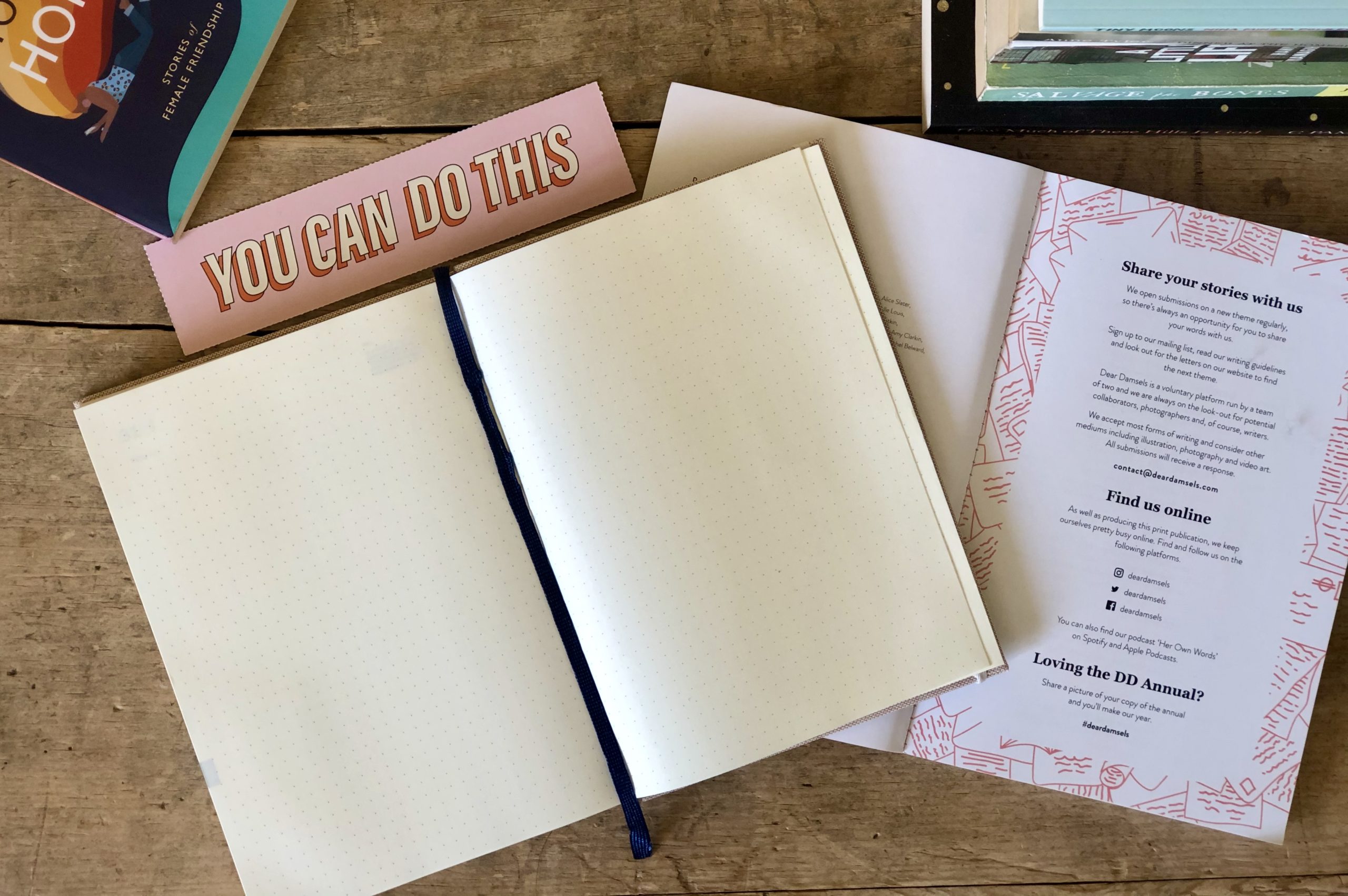THE DANCER | Ilze Duarte shares the story of a dance she’ll never forget.
by Ilze Duarte
Dance brought me joy and excitement. Not that I did much of it growing up. Even as the whole country had samba fever and would break into song and dance at parties and national holidays, our household was stern, and my sister and I were expected to be quiet and discreet. There was no singing and dancing at the house. But there were the dance classes at school if I was lucky to be in Teacher Eliana’s physical education classes and the garage dances when I happened to be invited to a birthday party. On those occasions that never came by often enough, moving to the energetic beat of the music – samba, disco, whatever – elated me.
As a young adult, I didn’t like the loudness of discos and didn’t frequent the night clubs where couples danced to the samba and lambada because I never had a date and was too shy to go on my own. Dance lessons would eliminate the need for a partner, so I enrolled in jazz class. The instructor taught us basic steps and, more importantly, coaxed us to give full expression to our response to the music. I loved the turns and jumps, the sensual stretching of my muscles, the joy in moving my waist, arms and legs gracefully, freely. It was one short year, though, as I packed up my bags the next fall and flew to Penn State University, where I was going to work on a graduate degree. With the excitement of living in a new environment and starting my studies, I didn’t give dancing much thought.
A second graduate programme followed, and I stayed at Penn State. I met Jack, a fellow graduate student who also liked to dance, and we started taking ballroom dance lessons in town. Another graduate student we knew, Karen, told us of a contra-dance at a Pennsylvania Dutch meeting hall not far from the Penn State campus and invited us to come along next time she went. The dances took place every Friday, and everyone was welcome. I didn’t know much about the Pennsylvania Dutch, except that a lot of the families were farmers and that they were not Amish. Karen’s invitation offered an opportunity to meet people I never would have otherwise.
The dancing part made me uneasy. Until recently, I had been unused to a man’s arm around my waist and had been unencumbered by the task of coordinating my movements with those of a partner. I would need help at the contra-dance. Did Karen know the steps? I could take my cues from her, since Jack had never contra-danced either. Karen said she knew only a couple of steps, but I shouldn’t worry. Our hosts would help us along. Butterflies bounced around in my stomach, but I accepted the invitation, and Jack said he would be happy to come along.
Karen drove us to the meeting hall, thirty minutes away. The building looked much like others I had seen in Central Pennsylvania: neatly set pavers led to a large brown wooden door, standing out against the stark white front capped by an angled roof, designed to allow snow to slide off. Inside, the hardwood floors had been polished to a shine. The room was well lit and felt very big as the light bounced off the white walls, along which chairs had been lined up to free up the floor.
A few dozen people were already there. We didn’t get a chance to talk to anyone. It was time to get in place for the contra-dance. I took a quick look around to see if we were the only non-regulars there but couldn’t tell. No-one looked strikingly different from us. Some women wore dresses, some wore pants. There were no uniform hair styles, no head coverings. The men wore slacks or jeans and buttoned-down shirts. Some had beards, some didn’t. Men and women, young and old, wore a friendly expression on their face.
“On those occasions that never came by often enough, moving to the energetic beat of the music – samba, disco, whatever – elated me.”
Before I had a chance to tell someone I would like to watch before joining the dance, the three of us were directed to different spots, probably so our hosts could better guide each of us in turn. The butterflies again moved around in my stomach. I couldn’t rely on Karen’s familiarity with the place for comfort or Jack’s arm for direction.
We were ready to begin. There was no band, so the music would come from speakers. We all held hands with the people on either side of us. The music started, and it was much faster than I thought it would be. My heart started racing because we were moving fast and because I feared I was going to mess up. I was sure I would go left when I was supposed to go right, turn the wrong way, step on somebody’s toes. I did mess up several times, usually by moving in the wrong direction, but each time someone would move me to where I needed to be. The dancers switched partners often as they moved across the floor in lively steps, turns and leaps. I was lifted off the floor several times and heard myself squeal in delight. I smiled from ear to ear and giggled as I was turned or swept off my feet.
The first song came to an end. A young man with a longish beard and strong arms that had lifted me off the floor a couple of times rushed to my side. I took it to mean that he noticed I was enjoying myself and thought I might make a good partner. The next song began. Again, it was fast, and I had trouble figuring out the steps. My young partner did not take it easy on me. He pulled me hard by the waist to place me where I was supposed to be and lifted me high in forward movements so that I was leaping into the air vigorously and landing hard. Again, I heard myself squealing and giggling and altogether having a great time. I still felt embarrassed for making so many mistakes and hoped the young man hadn’t regretted picking me as his starting partner for that song. But mostly I felt pleased with myself, proud even, for catching the eye of an energetic young man, who noticed the enthusiastic dancer in me.
We had been dancing for about an hour, and it had been exhilarating and strenuous. Karen, Jack and I were quite exhausted, but everyone else seemed ready for more. These were people who did physically demanding work on their farmland and households all week. They had a lot more stamina than the three of us, sedentary students, could ever aspire to have. I imagined they must look forward all week to the fun and companionship of their contra-dance meetings. Their vitality and joy in community were as palpable to me as the touch of their hands.
We thanked the people around us for having us and told them we’d had a very good time. I looked around for the young man I had danced with, and when I caught his eye, I waved and mouthed a thank-you. I wondered if he had learned something new that evening too.
Ilze Duarte | @duarteilze | @duarte_ilze
A Brazilian native and long-time resident of the United States, Ilze writes short prose and translates works by contemporary Brazilian authors. Her translations appear in Columbia Journal Online and Ambit, among others, and her stories in New Plains Review and Please See Me.






